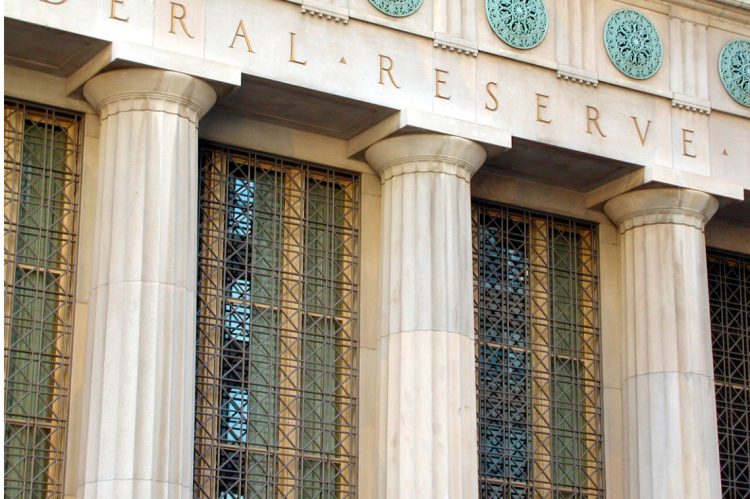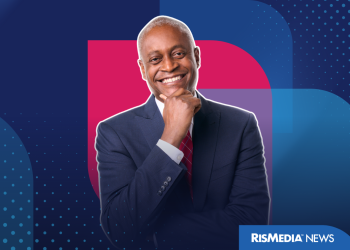Looking at today’s financial regulations, Federal Reserve Governor Michael Barr, speaking at the Brookings Institution, highlighted a few areas he is worried about in the financial sector and shared his thoughts on the Fed’s current wait-and-see approach.
Barr said he agrees with the Fed’s wait-and-see approach “given that level of uncertainty, changes in policy and uncertainty about how that policy translates into the economy.”
Formerly the Fed’s Vice Chair of Supervision—a role which focuses on oversight and banking regulation—Barr stepped down before President Donald Trump assumed office in January, amid reports that Trump would likely attempt to oust him from the position. That role was recently filled by Michelle Bowman, who was first appointed by Trump in 2018.
Barr, who has previously emphasized caution regarding inflation and rate cuts, said today that despite the solid labor market, tariffs will push up prices but will also lower growth, so there still needs to be a close eye monitoring the labor market.
It’s not just tariffs, though. Dollar depreciation, immigration policy and fiscal policies also affect inflation and potential growth, Barr added.
When asked about concerns, Barr highlighted stress testing, crypto, the private credit market and the presence of the hedge fund basis trades.
Acknowledging that stress tests were an important innovation to have a forward-looking perspective on the risk facing the largest financial institutions, Barr said they are likely to become less effective over time.
“The board is responding to the current environment by agreeing to go through a process for the stress testing that I think is likely to ossify the stress tests—make it easier for the banks to game those stress tests, and make those stress tests less effective over time,” Barr explained. “So I am quite worried about this.”
When asked about potential risks in the market, Barr pointed to some emerging risks in the crypto sector.
“There’s a lot of enthusiasm about new forms of financial intermediation, and it’s good to have innovation in the financial system, but that innovation needs to come with clear guardrails, and…we’re at risk of not having the right guardrails in place,” Barr said.
The Trump administration has so far rallied around crypto, particularly in the housing arena.
The private credit market is another area of concern, according to Barr.
“Private credit has grown dramatically. Lots of aspects of that are terrific innovations that provide credit to firms and reach them in new ways, but we haven’t seen a through-the-cycle experience of private credit at this size yet,” Barr went on.
When that market starts to change, there are risks as it becomes more exposed to retail investors, short-term funding, and “it might get over its skis.”
Lastly, Barr noted the presence of the hedge fund basis trades. While there are benefits, like providing “an enormous amount of liquidity to the treasury markets in good times,” that is all done with borrowed money and very little protection, he said.
“If things go wrong in the trade, those hedge funds might be in a position to rapidly pull back from the treasury market, and that can cause risk in the future.”
In separate comments yesterday made at the Fed’s Second Annual Financial Inclusion Conference, Barr also said that AI technologies offered a potential “positive vision” for the near future, bringing down ancillary costs for consumers and expanding credit access, but also cautioned that there are “lots of ways that it could go wrong.”
“I do think that artificial intelligence is likely to drop costs dramatically,” he said. “But there’s always going to be the need for more personal connections. Some of those have to do with the trust factor…so that knowledge, that personal knowledge and connection and trust is really critical.”
Michael Catarevas contributed to this reporting.












